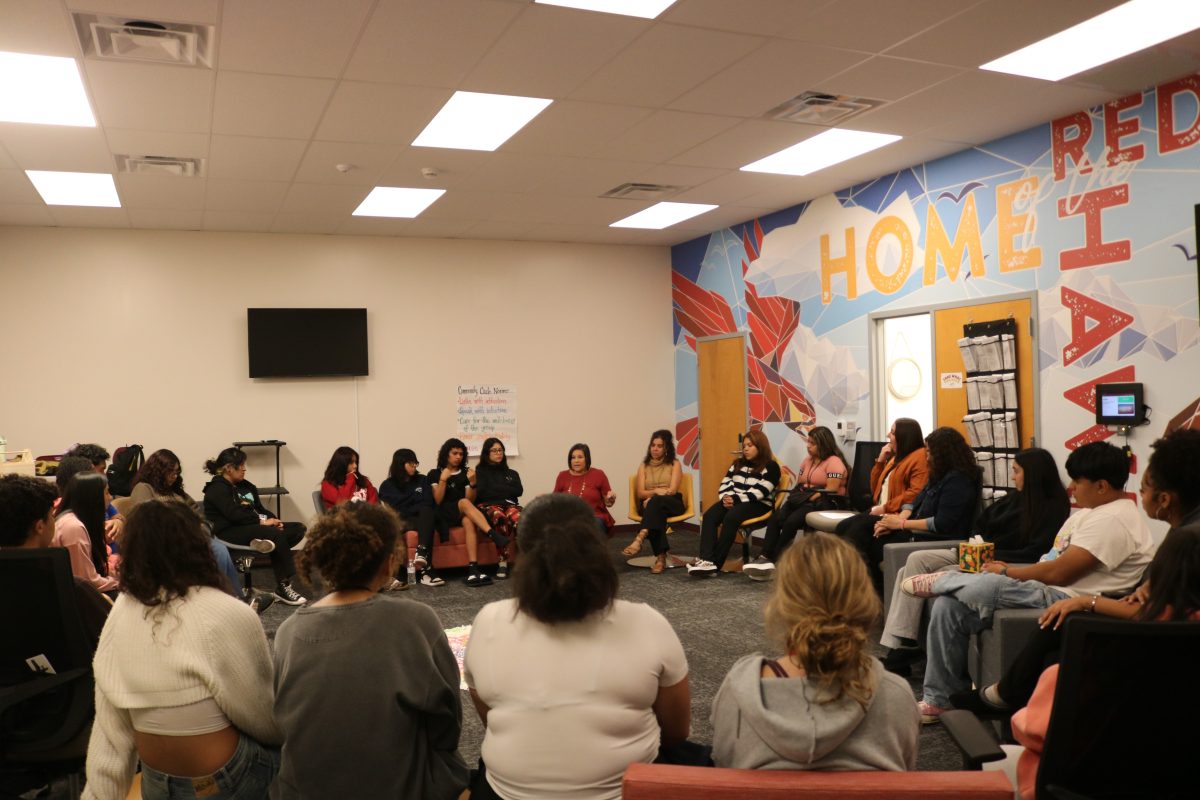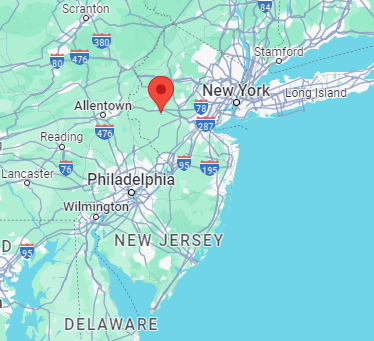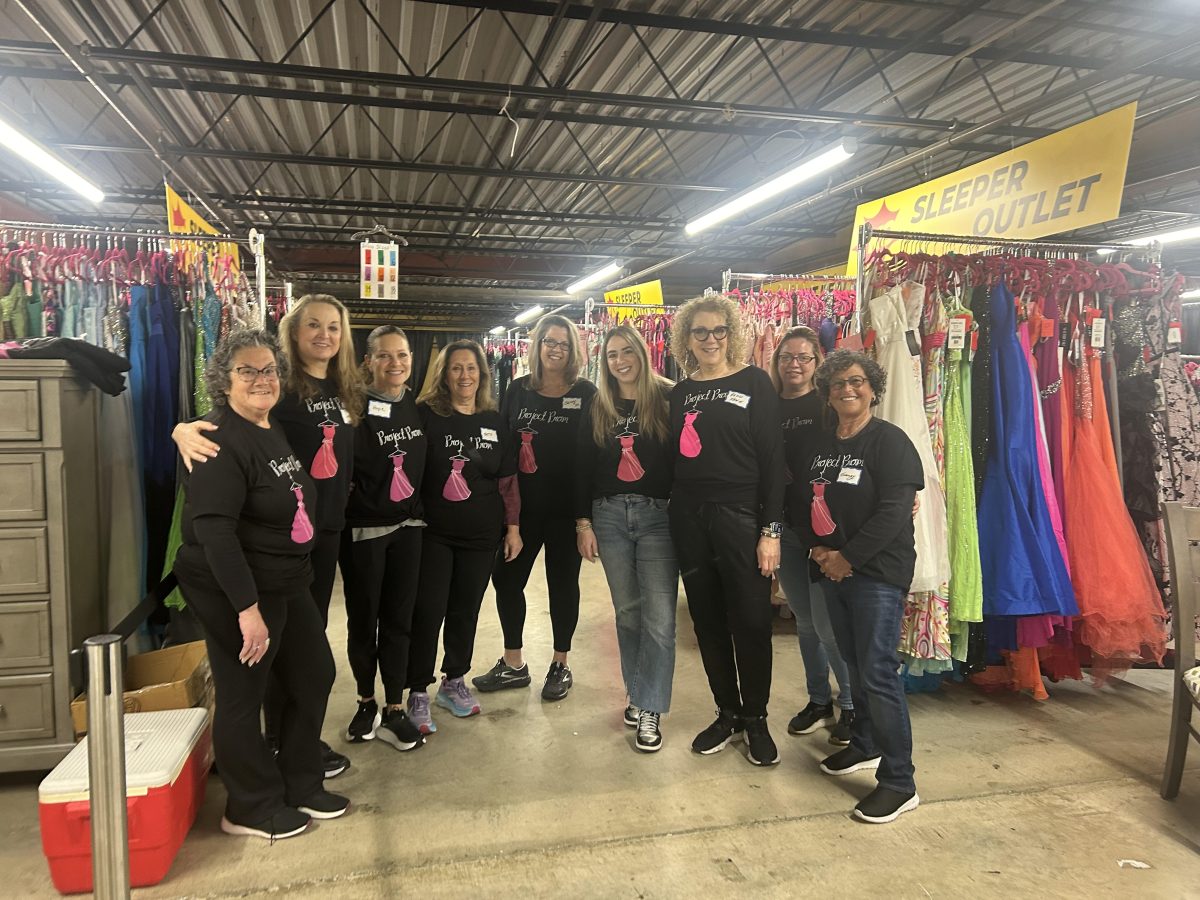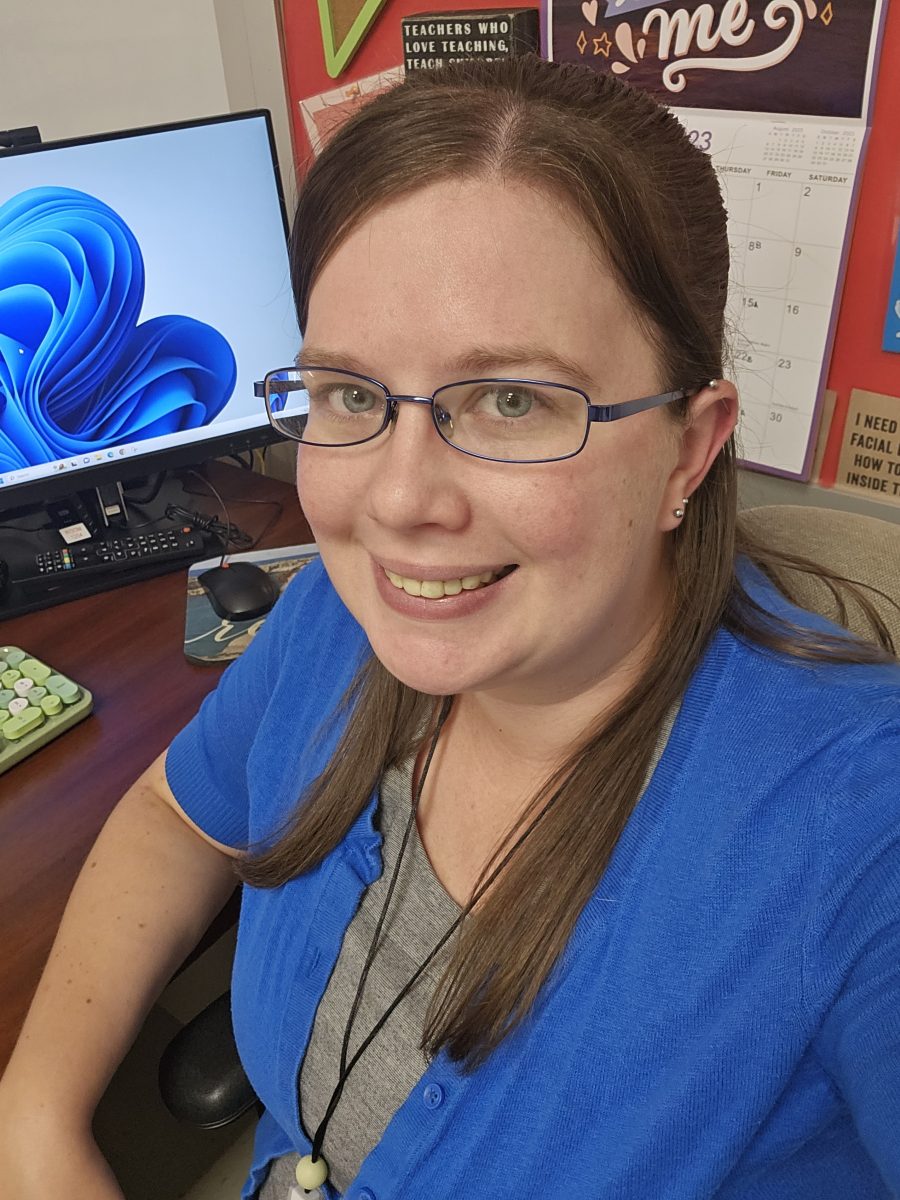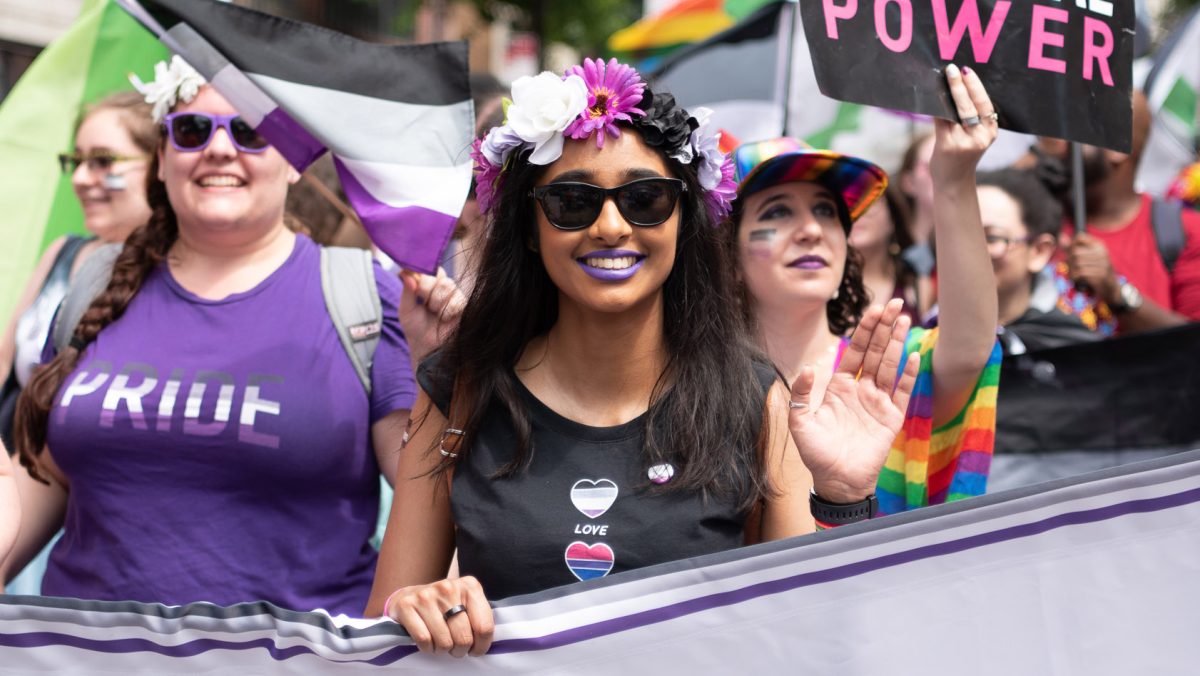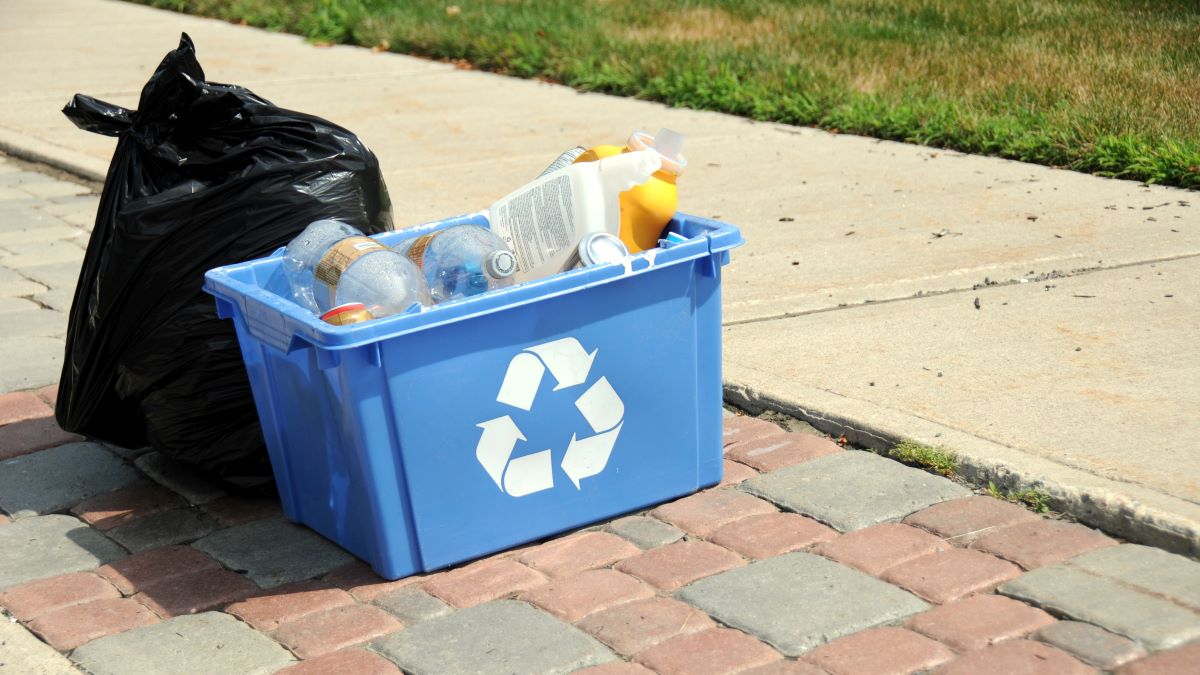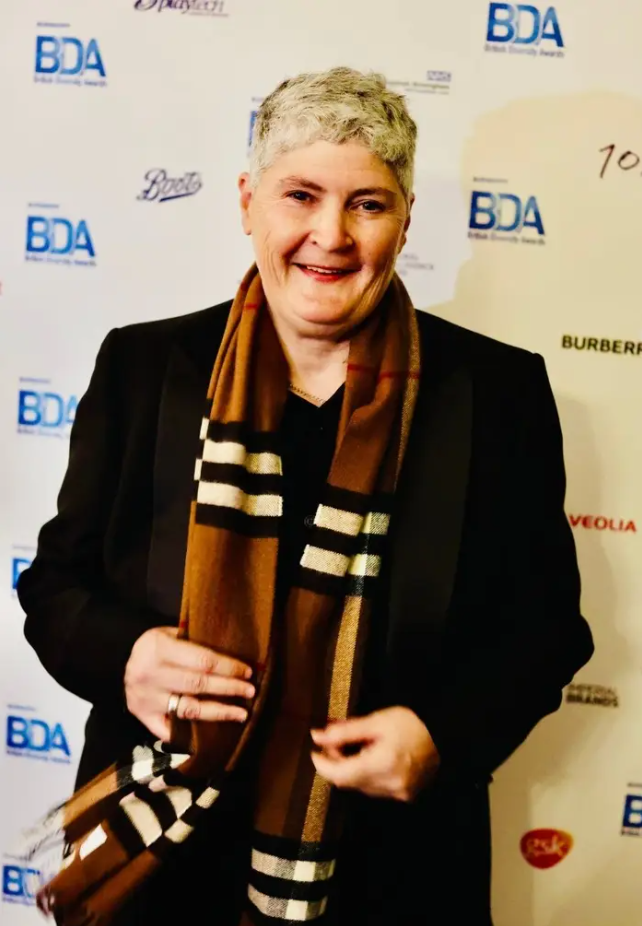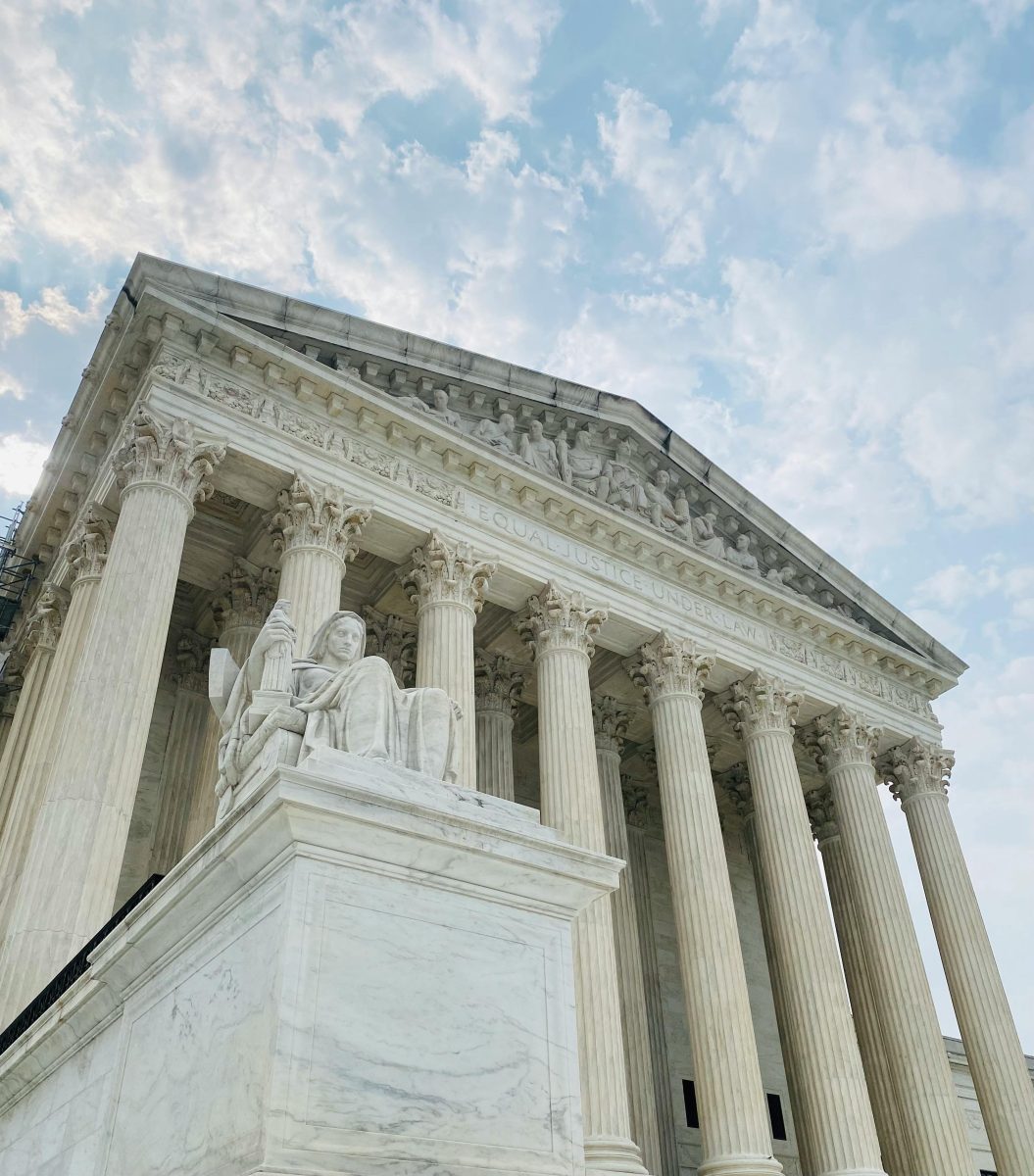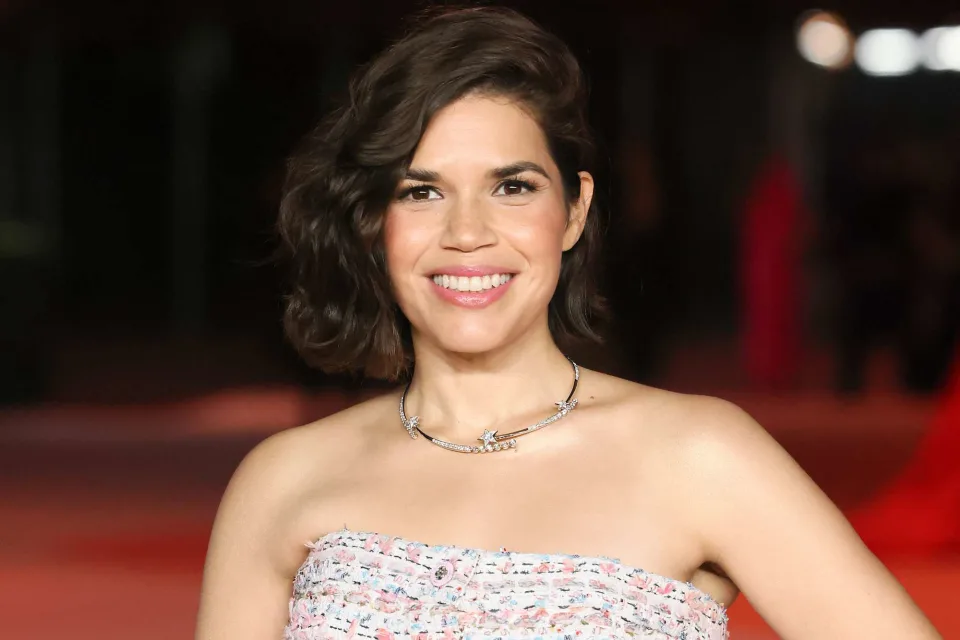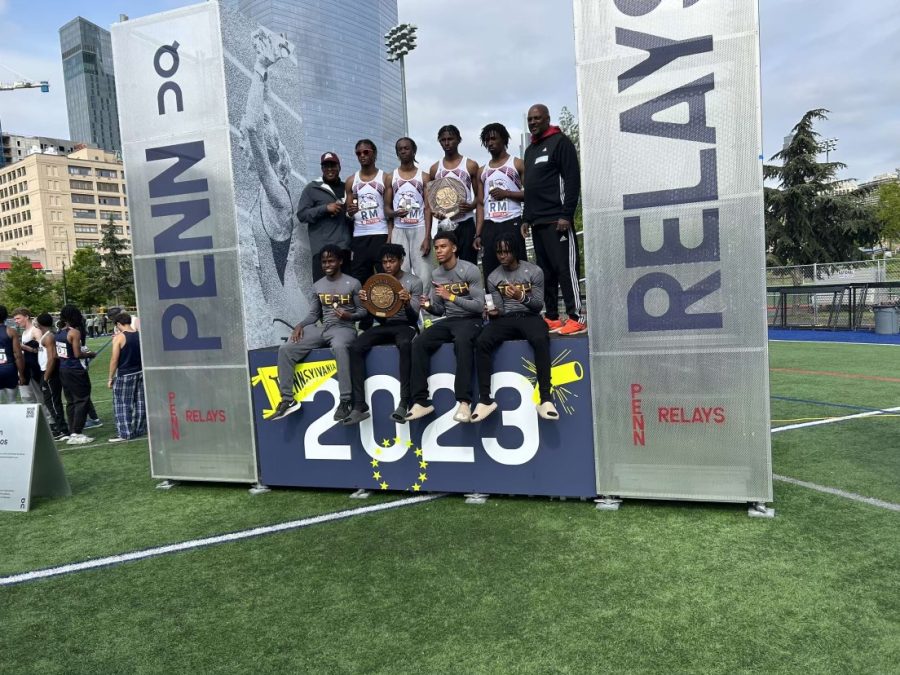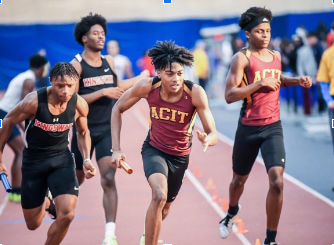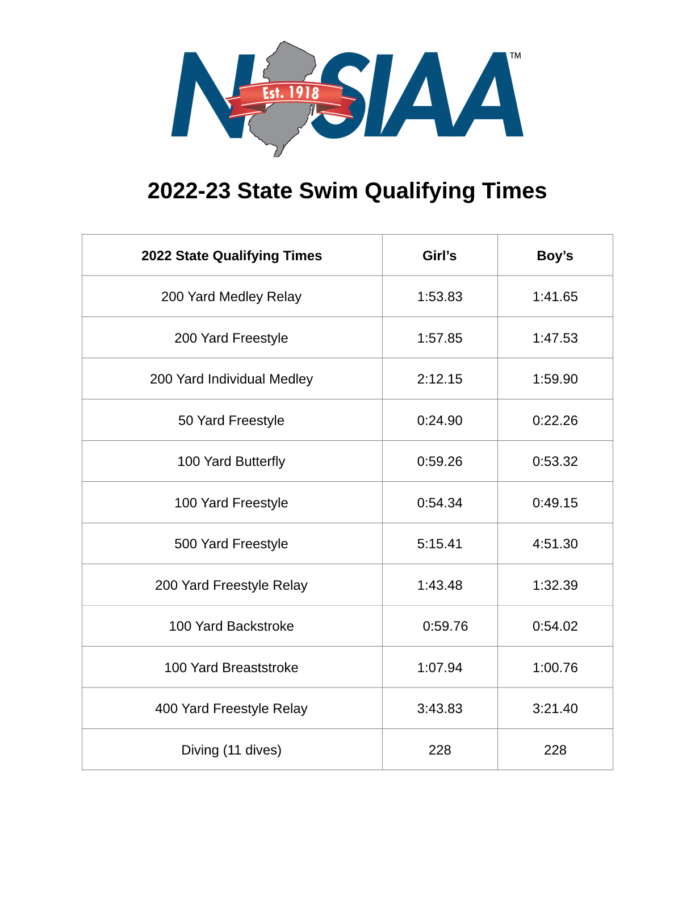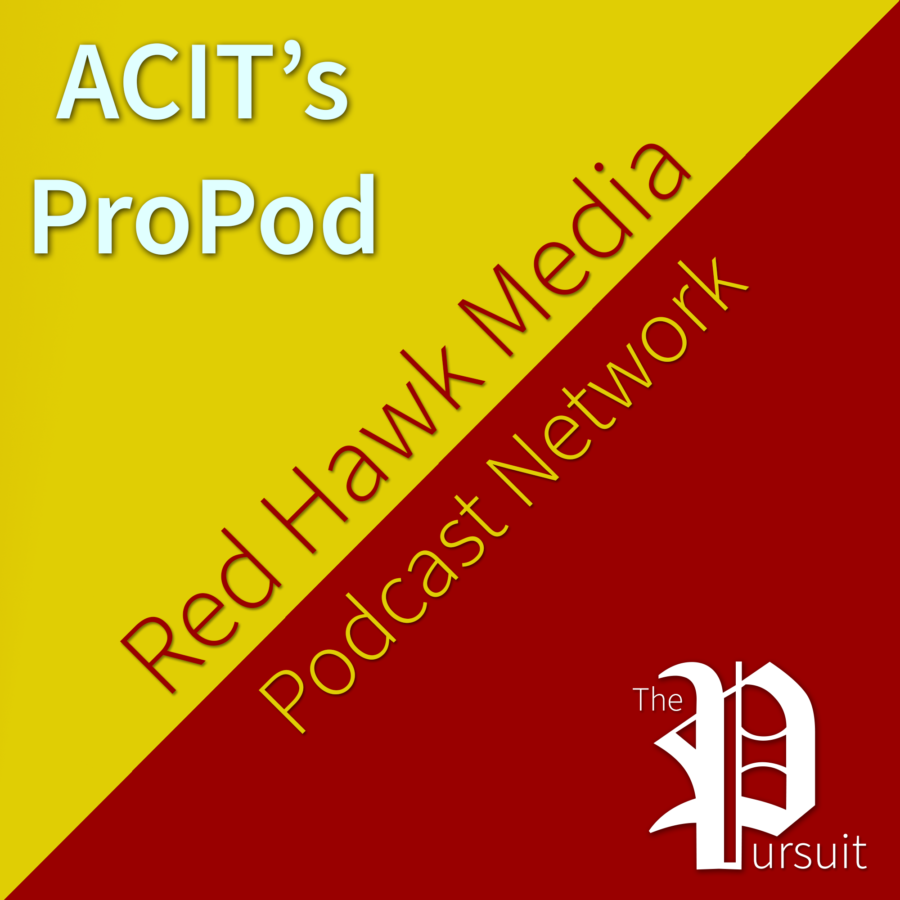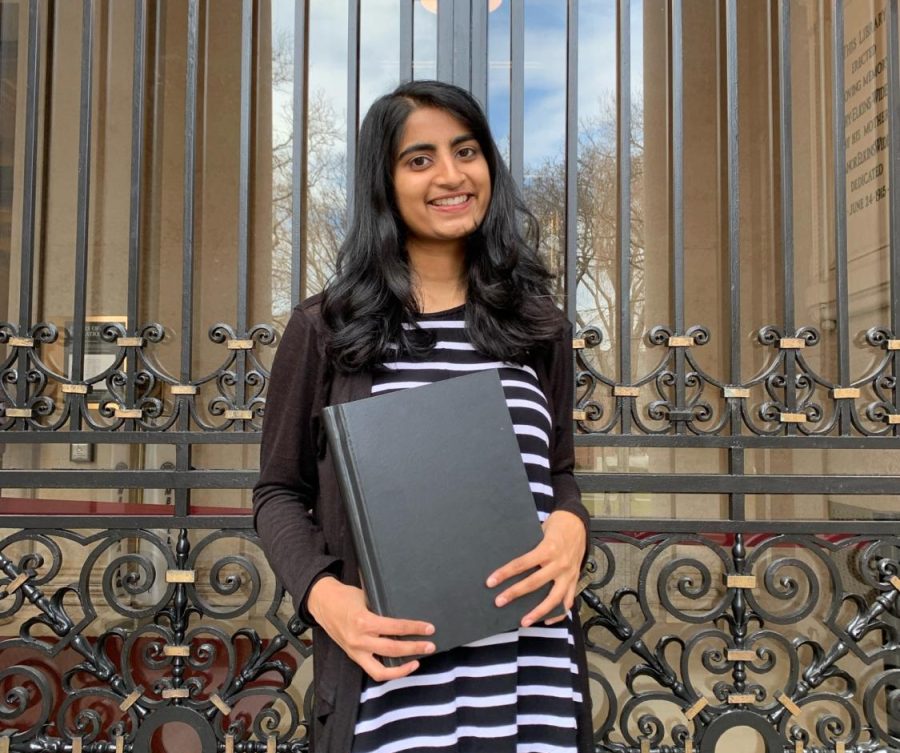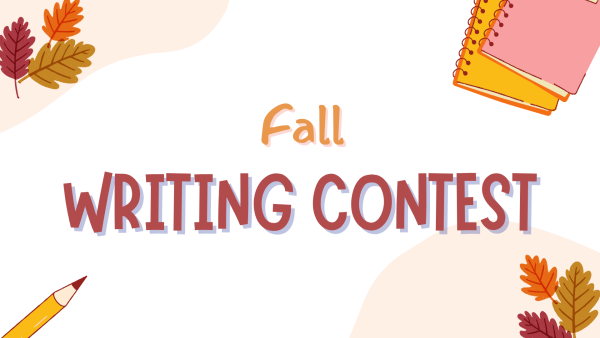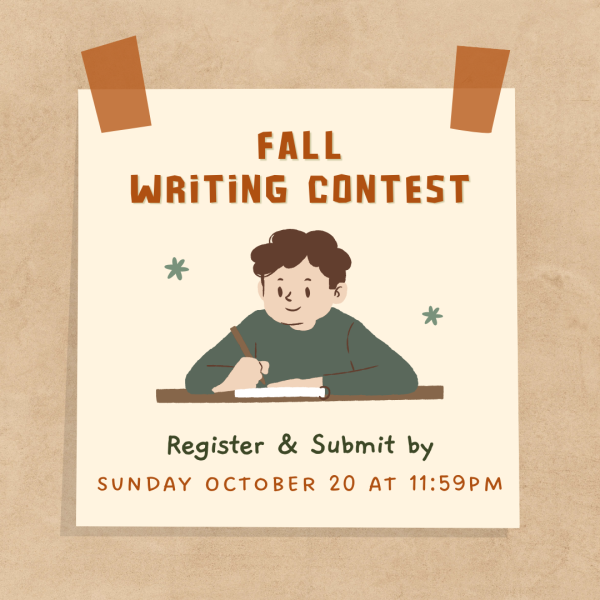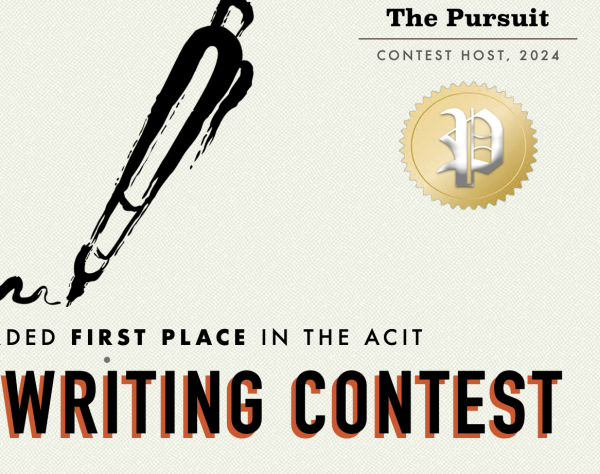ACIT Graduate Wins Gates Cambridge Scholarship
From Harvard to Cambridge, Nidhi Patel (ACIT Class of 2018) Discusses Her Journey and Offers Advice to ACIT Students
ACIT graduate Nidhi Patel (class of 2018) is currently finishing her undergraduate degree at Harvard University. It was announced on February 3, 2022 that Patel, along with 22 other U.S students, was selected to be a part of the 2022 Class of Cambridge Scholars at the University of Cambridge in England. Patel herself will be at Lucy Cavendish College which strives to attract, support and unlock the potential of students from non-traditional and underrepresented backgrounds. As of right now Patel is currently studying government, which goes into how political, social, and economic forces shape our lives, and neuroscience, which is the biological study of the brain and human behavior. To honor this accomplishment by one of our own RedHawks, I sat down with Ms. Patel to discuss her experiences leading up to this point in her academic career.
What prompted you to go into government and neuroscience?

On the government side, I was really interested in how political, social, and economic forces shape our lives and especially our lives as citizens; and I just felt like the government concentration could give me a broad overview of theoretical and empirical approaches to studying questions that fell into that realm…I thought, “Okay, I really like the flexibility of this concentration… I know I like the social sciences and I don’t want to do economics, because I think its approach is a little too quantitative.” I wanted to have, you know, exposure to other kinds of methodological approaches…
While on the neuroscience side, I was looking at the neural mechanisms like how the brain is shaped by trauma and how that affects people’s behavior… So I focused on the gray matter volume of the amygdala, the prefrontal cortex, and the hippocampus. All three regions which, you know, prior studies have implicated as being …really structurally shaped by experiences of trauma in early youth.
How did your education at ACIT prepare you for college?
When I was at ACIT, I was in the Health Sciences Academy. It definitely gave me a broad overview of biology as it relates to health and I also took biology classes. So that probably really kind of gave me the exposure that I needed to come into college knowing that I was sort of interested in neuroscience…
History and English really informed my interest in government just because they kind of both get at how people live in different time periods, what rights do they have, how much decision-making power do they have in their life, what is agency, how do we think about it. So all of those questions, broadly and intellectually, predisposed me to being interested in the social sciences and humanities
I also really liked my pre-calc and calc classes ‘cause I just felt like they really helped me learn how to problem solve, which came in handy when I’m doing problem sets in my STEM classes. Since the [math] homework was challenging for me, it kind of got me into a good rhythm for how to approach difficult assignments…
Overall, I just really love the community at ACIT, and I definitely felt grounded there for four years … I think I came into college already with an understanding of how … you work on a team. You know, like with the skills to kind of advocate for myself … ACIT really helped me with that.
What’s the biggest difference you notice between high school and college?

There’s a lot of differences. So one is that I found the work to be a lot more challenging [in college]… I definitely had to learn how to manage my time in college which is not something that I felt enormously stressed about when I was in high school. But, in college, I’ve just felt like the first two years I’ve really had to learn how to manage my schedule and keep myself on track for assignments. I think I found college to just be a lot more academically and intellectually rigorous, and so I kind of had to work through feelings of self-doubt in the first year of college.
I think you’ll have a lot more freedom in college, which is really nice because you get to kind of choose what classes you take, what activities you’re a part of, what you do over the summer, who you hang out with. All of those things, that freedom, is really amazing. But I think it can also be overwhelming at times. So, I think learning how to take things step by step is something that I had to learn in college and I’m still learning.
What sparked your interest in Cambridge?
I was interested in that program because Cambridge has a development studies degree that is pretty interdisciplinary, and I felt like it was a strong fit for my academic interest because I could kind of combine anthropology, political science, and economics to… answer the questions I was interested in. So it felt like a good fit. And then, broadly, I really wanted to study abroad. The only time I did study abroad was for six weeks in Spain, the summer after my freshman year; but I did want to spend one to two years abroad, and so it made sense to apply to schools. …
Is there anything in particular you look forward to doing during your stay in England?
I’m really looking forward to meeting people from all over the world and living in a new country, [and] just getting to have fun in a new society and explore kind of the historical, socio-cultural context of English life. I’m kind of just excited to have that time abroad. Though I don’t think I would be homesick there. I would say that spending four years in Massachusetts, where I’ve mostly been on my own, has been a nice way of transitioning into adult life… I’ll definitely come back and visit, but I’m really excited to spend time abroad because I do have some friends who are also doing something similar… I think it’s going to be really fun to get to see another place.

What are your plans after Cambridge?
I’ll probably enroll in a Ph.D. program or a law program, or a combination of the two. I am currently figuring that out, but I think the next two years are going to be kind of doing research and the master’s degree. After I graduate, I would like to say that I’m open to working at the intersection between academia and public policy.
What advice do you have for students at ACIT?
The first thing I would say is that you should learn how to take care of yourself. I think it’s really good to figure out what works for you in terms of taking care of your mental and physical health, and you know really learning how to prioritize those things above everything else. I felt like that was something I really had to grapple with in college more so than in high school, but I think that’s something that everyone has to kind of think about if they’re gonna live a good life — a good, healthy, fulfilling life.
I would say the second thing is to find mentors. I just think it’s really awesome to have a group of people that you admire and that you trust in your corner, and yeah it’s good to have role models in your life … I just think I found some really great role models at ACIT. I think I found some professors at Harvard that I feel really close to, and have really benefited intellectually and personally from those relationships… It’s really important that you build a community of people that you can kind of lean on and that are going to be there for you in your best and worst moments.
I would say the third thing–well maybe this should’ve been the first thing–is take your education seriously. You know, no one can take your education away from you. I think a really transforming educational connection can awaken your mind; it can kind of expose you to perspectives that you wouldn’t have access to in the daily bubble of your life. I just think education is really important
And then the last thing I would say is just seek out readings, music, art, and life experiences that will push you out of your own sphere of life. I think these types of experiences can really engender empathy and open-mindedness, which is necessary for being a good citizen in both local and global communities… It’s kind of essential to having really fulfilling interpersonal relationships, and so that kind of goes along with the take-your-education-seriously point.
